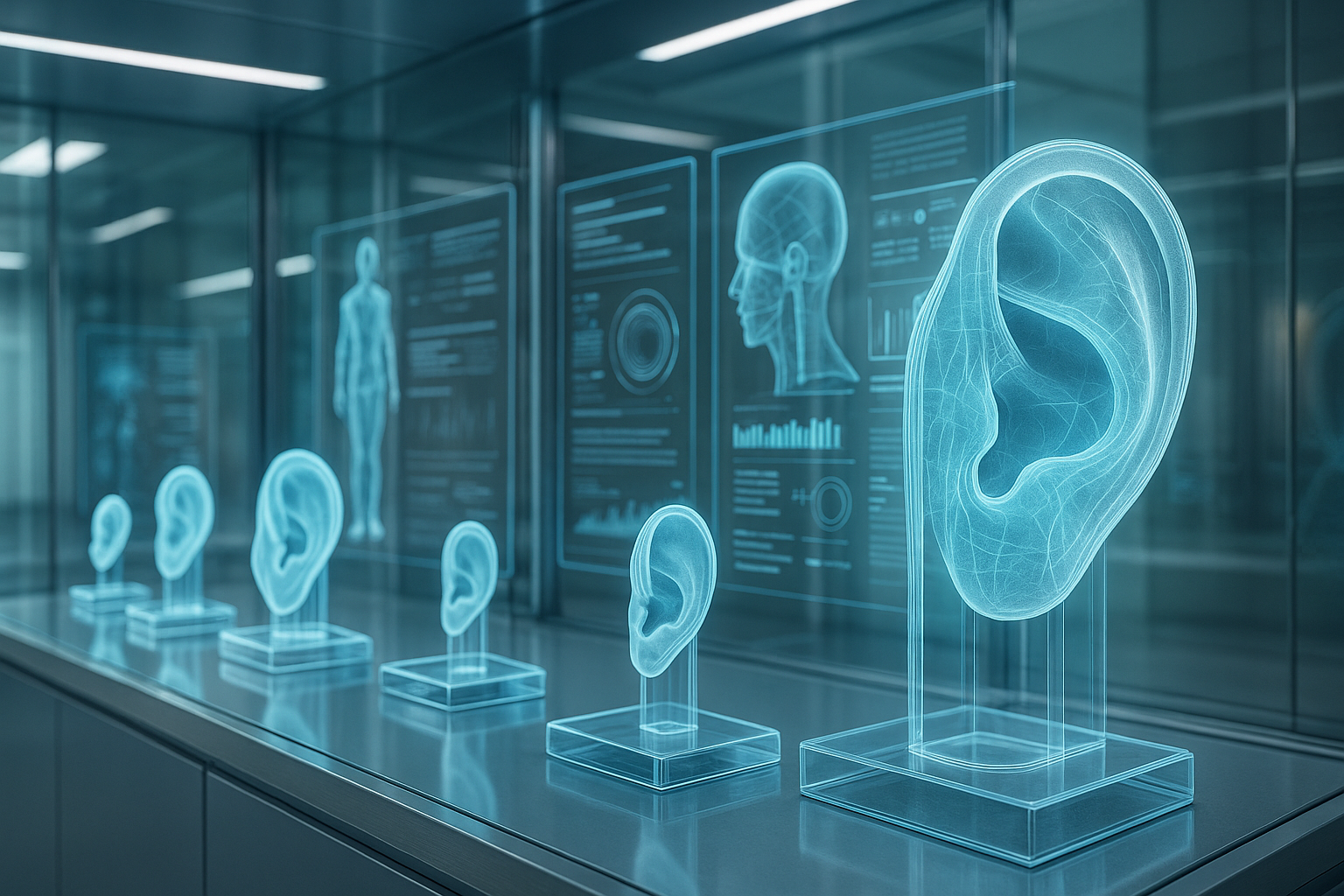Humanity Shrinks as Tech Grows in a Future Too Efficient for Bodies
First and foremost, upon revisiting Earth starting in the 2050s, I expect you will be seeing people with noticeably smaller heads along with other parts of their bodies, not just shrunken but altogether missing.
This is because just as AI is reducing the need for workers in offices and factories, our brains in the future will not need as many cells to process information, so the office space for those brain cells, our heads, can be much smaller.
Also, I am pretty sure we will all become a foot or two shorter.
This is because physically going somewhere will not be as necessary as it is today, with technology able to find and rapidly deliver whatever we need, so calf muscles and other parts of our legs will certainly diminish in utility and therefore size.
It is reminiscent of the expression, you do not use, you lose.
Besides smaller heads and shorter legs, humans will probably undergo other dramatic changes, especially on our smaller faces.
With the latest advances in hearing aid technology, in which a tiny button one-sixteenth the size of a pencil eraser can hear a whisper distinctly from a hundred yards away, the current shape and size of ears will be way out of proportion to what is needed to hear.
So, when we do not use it, what do we say? We will lose it.
And we will not need ears to hold or steady sunglasses either. To shield our eyes from sunlight, optometrists and ophthalmologists will have developed miniscule shades to cover magnification whenever needed over the 20/20 vision already installed directly into our eyes, thereby making our ears superfluous.
We will also clearly see the impact all this will have on language.
You will never hear such expressions as “lend an ear” as fewer will even know what an ear is or was. And you will hear new ones like “you sure huanged it,” should you invent something as revolutionary as the Nvidia chips developed by Jensen Huang, which in 2025 started the AI bubble.
Communications via emails or letters, if there is still paper, also will be shorter and more succinct, with fewer syllables and more hyperlinking to save what will become even more precious: time and space. Condensed writing will appear above what will be the predominant valediction or closing: “artificially yours.”
Also different will be the wardrobe worn by a species called “wives,” who would turn their backs on “husbands” asking them to pull up a zipper behind them which they could not reach.
I could go on, although it is depressing to think how technology will be replacing so many human parts, and maybe even robotically replacing humanity itself.
Yet we all have humanity’s best defense against any artificial intelligence mayhem. It is something armor plated with gold to keep humans shining, no matter what awesome new efficiencies high tech may deliver. It is our sense of humor. Laughter keeps us human.
Oh well, I think I will go relax and listen to some music while I still have ears.

